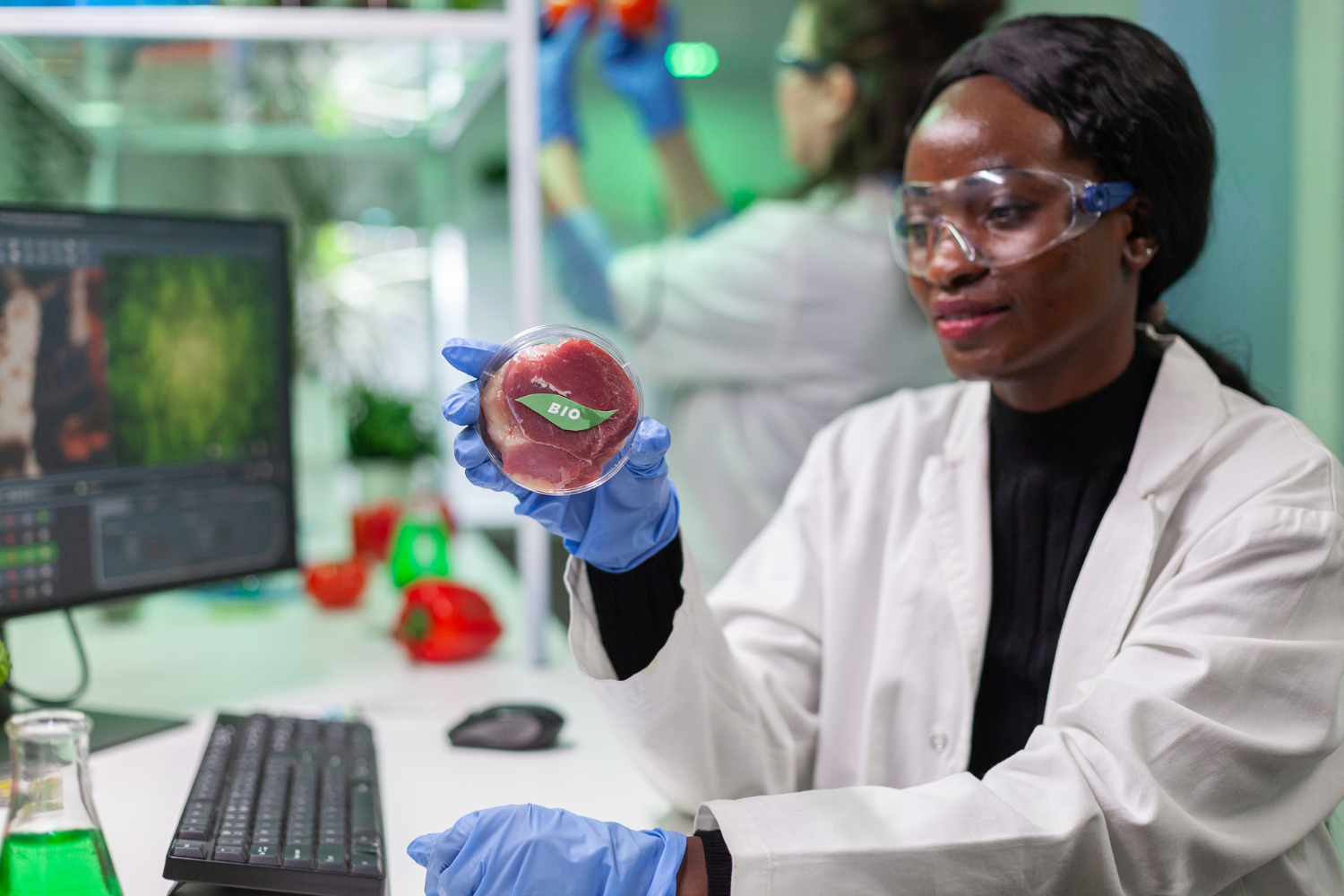info@gisqo.com
(+220) 7052792 | 3830277
Revolutionary Gene Editing Techniques
Gene editing has
made significant strides, particularly with CRISPR technology. This innovative
approach allows precise alterations to DNA, revolutionizing genetic research
and treatment options. CRISPR's ability to target specific genes has immense
potential for curing genetic disorders and advancing personalized medicine.
Cutting-Edge Cancer Therapies
Cancer treatment
is evolving rapidly with biotechnological advances. Immunotherapy, a treatment
that harnesses the body's immune system to fight cancer, has shown remarkable
results. Additionally, targeted therapies focus on specific cancer cells,
minimizing damage to healthy tissue. These advancements offer hope for more
effective and less invasive treatments.
Regenerative Medicine: The Future of Healing
Regenerative
medicine is transforming healthcare by focusing on repairing or replacing
damaged tissues and organs. Stem cell therapy and tissue engineering are at the
forefront of this field. These technologies have the potential to treat
conditions previously considered incurable, offering a new lease on life for
many patients.
Innovative Drug Development
Biotechnology is
revolutionizing drug development, making it faster and more efficient.
Techniques such as high-throughput screening and computational biology enable
the rapid identification of potential drug candidates. This acceleration in
drug discovery is crucial for addressing emerging health threats and improving
patient outcomes.
Advancements in Diagnostic Tools
Early diagnosis
is critical for effective treatment. Biotechnological innovations have led to
the development of advanced diagnostic tools that are more accurate and less
invasive. Liquid biopsies, for example, can detect cancer through a simple
blood test, providing early detection and monitoring without the need for
surgical procedures.
Personalized Medicine: Tailoring Treatment to
Individuals
Personalized
medicine is becoming a reality thanks to biotechnological advancements. By
analyzing a patient's genetic makeup, doctors can tailor treatments to the
individual's unique needs. This approach increases the effectiveness of
treatments and reduces the risk of adverse reactions, leading to better patient
outcomes.
The Role of AI in Biotechnology
Artificial
intelligence (AI) is playing an increasingly important role in biotechnology.
AI algorithms can analyze vast amounts of data, identifying patterns and
insights that would be impossible for humans to detect. This capability is
enhancing research, speeding up drug development, and improving diagnostic
accuracy.
Biotech's Impact on Agriculture
Biotechnology is
not limited to healthcare; it also has significant applications in agriculture.
Genetically modified organisms (GMOs) and biopesticides are improving crop
yields and resistance to pests. These advancements contribute to food security
and sustainable agricultural practices.
Ethical Considerations in Biotech
With great power
comes great responsibility. As biotechnology advances, ethical considerations
become increasingly important. Issues such as genetic privacy, the potential
for designer babies, and the equitable distribution of biotechnological
benefits must be addressed to ensure that these advancements are used
responsibly and ethically.
Conclusion: A Promising Future
The biotech
industry is on the brink of many groundbreaking discoveries. From gene editing
to personalized medicine, the advances in life sciences and medicine are poised
to revolutionize healthcare. These innovations promise to improve patient
outcomes, enhance quality of life, and offer solutions to some of the most
pressing health challenges of our time. The future of biotechnology is bright,
filled with potential and promise for a healthier world.
 August 07, 2024 - BY Admin
August 07, 2024 - BY Admin